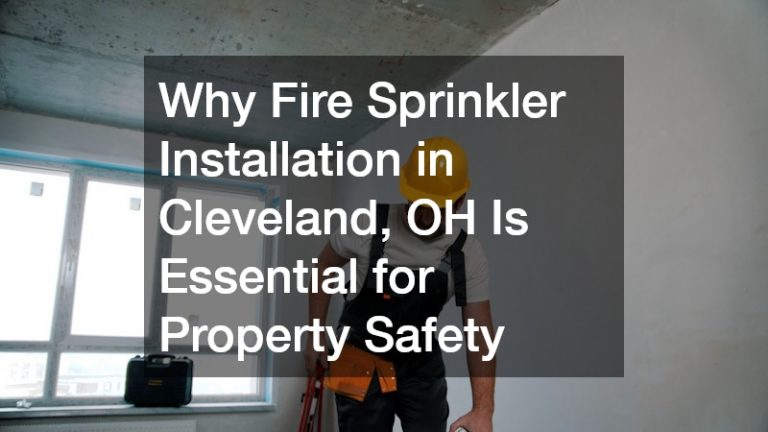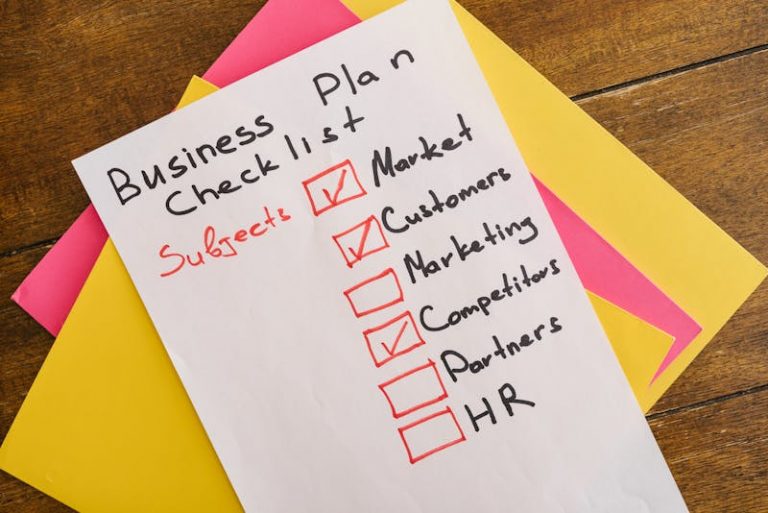

Choosing reliable contractors is crucial for the success of any business. Whether you are in need of a commercial roofing contractor, commercial cleaning services, or any other kind of service, the reliability of contractors directly affects the efficiency and operations of your business. This importance stretches beyond operations; it impacts safety standards and the perception customers have of your brand.
Contractors play a pivotal role in maintaining the integrity and functionality of business facilities. For instance, hiring reputable commercial electric contractors ensures that your electrical systems operate safely and without interruption. Reliability is crucial to maintaining brand reputation, securing customer trust, and meeting regulatory standards.
Reliable contractors can also mitigate risks and save costs in the long run. Businesses that prioritize choosing dependable service providers often experience fewer operational hiccups, which translates to better productivity and customer satisfaction. Therefore, hiring the right contractors is an essential step in safeguarding your business’s future.
Understanding Your Needs

Before shortlisting any kind of service provider, it is essential to understand your specific business needs. Different businesses have varying requirements depending on their operations, industry standards, and facility complexities. For example, a manufacturing plant might need robust commercial mowers for maintaining large outdoor spaces, while a corporate office would need efficient commercial cleaning services.
Prioritizing your needs involves evaluating which services take precedence. For example, roofing integrity is vital for any commercial building; hence, hiring a commercial roofing contractor is often a top priority. Similarly, if your business relies heavily on climate control, working with the best commercial HVAC companies becomes essential.
Also, consider your future needs when assessing service requirements. Your business might not need commercial storage units right away, but planning for future storage needs can save time and money. Understanding your needs helps in creating a clear list of what and when each kind of service is required.
Researching and Shortlisting Contractors

Research is a critical step when selecting reliable contractors. Start by gathering recommendations from industry peers and your existing business network. Your peers can provide valuable insights into the reliability and quality of different contractors they have worked with. This can be particularly useful for less common needs like commercial door replacement.
Another great resource for shortlisting contractors is online platforms and reviews. Websites like Yelp, Angie’s List, and specialized forums can help you identify reputable service providers. Be sure to look for feedback on different service categories, whether it’s commercial general contractors, epoxy flooring contractors, or any other kind of service.
Combining both recommendations from trusted sources and online reviews provides a well-rounded view of a contractor’s capabilities. This approach helps you create a comprehensive shortlist based on actual customer experiences and peer recommendations. The importance of rigorous research cannot be overstated when trying to find reliable contractors for your business.
Evaluating Contractor Credentials
Once you have a shortlist, the next step is to evaluate the credentials of each contractor. This includes checking for necessary licenses and certifications, which are often mandated by industry standards or local regulations. For example, commercial electric contractors need to have specific licenses to work on business electrical systems safely.
Insurance coverage is another critical factor to consider. Ensure that the contractors you are evaluating have comprehensive insurance coverage to protect against accidents or damages. For services like cargo van rental or commercial door replacement, proper insurance mitigates potential risks for both parties involved.
Additionally, assess the contractor’s track record and experience, particularly in handling projects similar to yours. This is especially important for specialized services like working with a commercial HVAC company or an epoxy flooring contractor. A solid track record ensures the service provider is capable of meeting your specific needs.
Assessing Quality and Compliance

Quality and regulatory compliance are paramount when selecting any kind of service provider. Ensure that the contractors you are considering adhere to relevant industry standards and regulatory requirements. This is particularly crucial for services like commercial electric contractors, where non-compliance can lead to significant hazards.
Requesting references from past clients can provide deeper insights into the contractor’s ability to deliver quality work. A reputable contractor should be more than willing to share references. This information is vital in assessing whether a contractor can meet the quality and compliance standards your business demands.
Consider visiting completed project sites to evaluate the quality of work firsthand. This approach allows you to see the contractor’s work in a real-world setting, offering a clearer picture of their capability. For instance, if you are considering a commercial roofing contractor, an on-site visit can provide direct evidence of their craftsmanship and adherence to safety standards.
Obtaining Multiple Quotes and Proposals
Obtaining multiple quotes and proposals is a crucial step in selecting the most reliable contractor. Request detailed proposals from at least three potential contractors. These proposals should outline the scope of work, timeline, and associated costs, providing a comprehensive understanding of what each contractor offers.
Comparing bids is not just about choosing the lowest price. Consider the transparency and completeness of each proposal. For example, a highly detailed proposal from a commercial general contractor might reveal hidden costs that a more vague proposal might overlook. Evaluating based on value for money ensures you are getting the best services at a fair price.
When comparing quotes, also factor in the contractor’s ability to meet deadlines and accommodate your budget constraints. Ensuring that the bids align with your financial and time expectations is crucial. Remember, a well-crafted proposal reflects the contractor’s professionalism and reliability.
Communicating Expectations and Specifications

Contract Negotiation and Terms

Once you’ve selected a contractor, the next step is drafting a comprehensive contract. This contract should outline all deliverables, payment schedules, and penalties for delays. A detailed contract mitigates risks and ensures that both parties are committed to fulfilling their obligations.
It is also essential to include clauses related to warranties and maintenance agreements. For example, if you are hiring a commercial general contractor, the contract should specify the duration and coverage of any warranties related to the work performed. This ensures long-term reliability and peace of mind.
Finally, ensure that the contract includes detailed dispute resolution procedures. Clear terms regarding how disputes will be handled can save time and money if issues arise. In essence, a well-drafted contract serves as the foundation for a successful and trouble-free project execution.
Monitoring Progress and Quality Assurance
Monitoring progress is an ongoing responsibility once your project kicks off. Establish regular communication channels and schedule frequent site visits to keep tabs on progress. This hands-on approach allows you to address issues before they escalate.
Implementing quality assurance measures is another crucial aspect. For instance, if you have hired an epoxy flooring contractor, periodic quality checks ensure that the work meets the agreed-upon standards. Consistent quality control helps maintain the integrity of the project and ensures that all work performed aligns with your expectations.
Additionally, maintaining detailed records of communication and site visits can be beneficial. These records provide a reference point for resolving any future disputes or misunderstandings. A proactive approach to monitoring and quality assurance fosters a smooth and successful project completion.
Post-Project Evaluation and Maintenance

Conclusion
In summary, selecting reliable contractors is integral to the success of your business. While the process may seem daunting, following a systematic approach ensures that you find the right professionals for every kind of service you need. Whether it’s commercial roofing, cleaning, or HVAC services, the reliability of your contractors has a direct impact on your operations and reputation.
After project completion, consider the importance of ongoing maintenance. Regular maintenance helps ensure that all systems and structures are in optimal condition, thereby preventing future issues. Building long-term partnerships with reliable contractors also ensures that you have trusted professionals to turn to for any future needs.
In conclusion, taking the time to select, communicate with, and monitor your contractors is an investment in your business’s stability and growth. Following these guidelines can help you cultivate fruitful relationships with contractors who are committed to quality and reliability.








